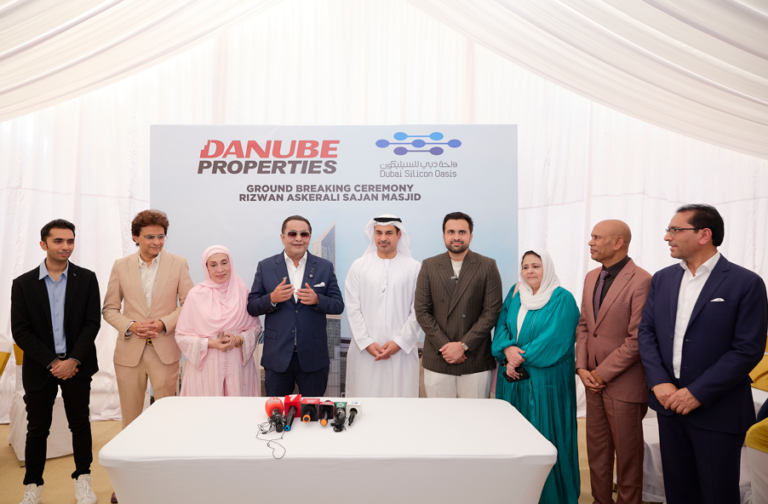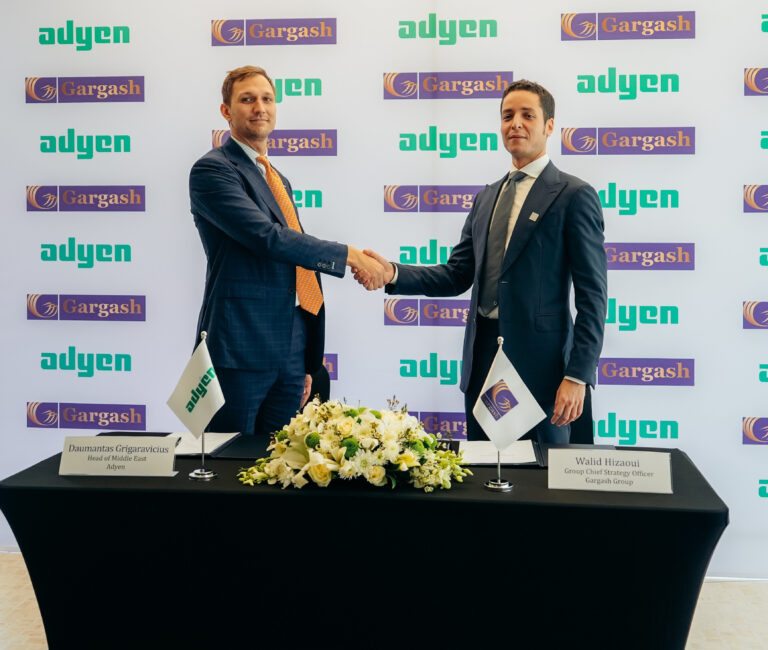
With increasing awareness around ADHD in adults, conversations are shifting from classrooms to boardrooms, and now, into the heart of relationships. Recent studies suggest that up to 60% of adults with ADHD report serious relationship difficulties, and couples where one partner has ADHD are nearly twice as likely to divorce compared to neurotypical couples. In the UAE, university-based studies have found that between 13.6% to 34% of adult students display ADHD symptoms, underscoring the importance of addressing how this neurodevelopmental difference impacts love and connection.
Clinicians at Thrive Wellbeing Centre have come together to share their clinical insights and strategies to help couples navigate love while living with ADHD.
“ADHD is simply a different way of functioning, and this difference shows up everywhere; family, work, friendships, and most deeply, in romantic relationships,” explains Pashmi Khare. “The key isn’t about logic or reason, but about empathy. When partners adjust with consideration and compassion, relationships touched by ADHD can become profoundly empowering.”
For many couples, challenges such as distractibility, forgetfulness, or interruptions may look like neglect. But as Sonia Singhal notes, intention is everything: “Most often, these behaviors are not purposeful or malicious, they’re symptoms of ADHD. Recognizing this helps partners avoid misunderstandings and reduces conflict. An ADHD assessment can provide clarity, giving couples tools to reframe frustrations into opportunities for empathy and growth.”
In the UAE, ADHD is underdiagnosed in women, who often experience symptoms such as emotional intensity or forgetfulness that may be misinterpreted as lack of care. Lindi Nhlapo, emphasizes the importance of responsibility: “When ADHD partners acknowledge the impact of their symptoms and take responsibility, without falling into self-blame, it shifts the relationship dynamic from defensiveness to collaboration. That responsibility, paired with empathy from the other partner, builds intimacy and resilience.”
According to Dr Manuela Paone, the intensity of ADHD can make relationships feel both exhilarating and exhausting: “Passion and creativity can make bonds feel especially strong, but misinterpreted symptoms, like forgetfulness or zoning out, can create cycles of resentment. Awareness is the first step in breaking these cycles. Once both partners understand that these behaviors are rooted in neurocognitive differences rather than disinterest, healing and reconnection can begin.”
The stakes are high. Research shows that 38% of adults with ADHD report their marriage was close to divorce. Dr Lara Foresi, highlights the daily struggles: “Executive functioning challenges often create an imbalance where one partner becomes the ‘manager’ of the household. This parent–child dynamic fosters resentment. Reframing these struggles as symptoms, not character flaws, helps couples move away from blame and toward strategies that restore balance and trust.”
Yet, ADHD doesn’t have to weaken relationships. It can, in fact, deepen them. Jessica Rosslee, underscores the importance of reframing and nurturing: “ADHD is not a deficit, it’s a difference. When couples reframe challenges as part of neurodiversity, it transforms the relationship from ‘you versus me’ to ‘us together’. By leaning into each other’s strengths, celebrating small wins, and building shared strategies, couples can thrive.”
ADHD in Numbers
Globally, 140 million adults are affected by ADHD with childhood onset; 366 million adults report symptoms regardless of onset
2%–5% of adults worldwide experience ADHD symptoms (CDC, 2024)
In the UAE, 13.6% to 34% of university students report ADHD symptoms
Relationships where one partner has ADHD are nearly twice as likely to end in divorce
Key message from Thrive’s clinicians: ADHD does not doom relationships. With awareness, empathy, tailored strategies, and professional support, couples can move from cycles of frustration to deeper connection.
![]()




